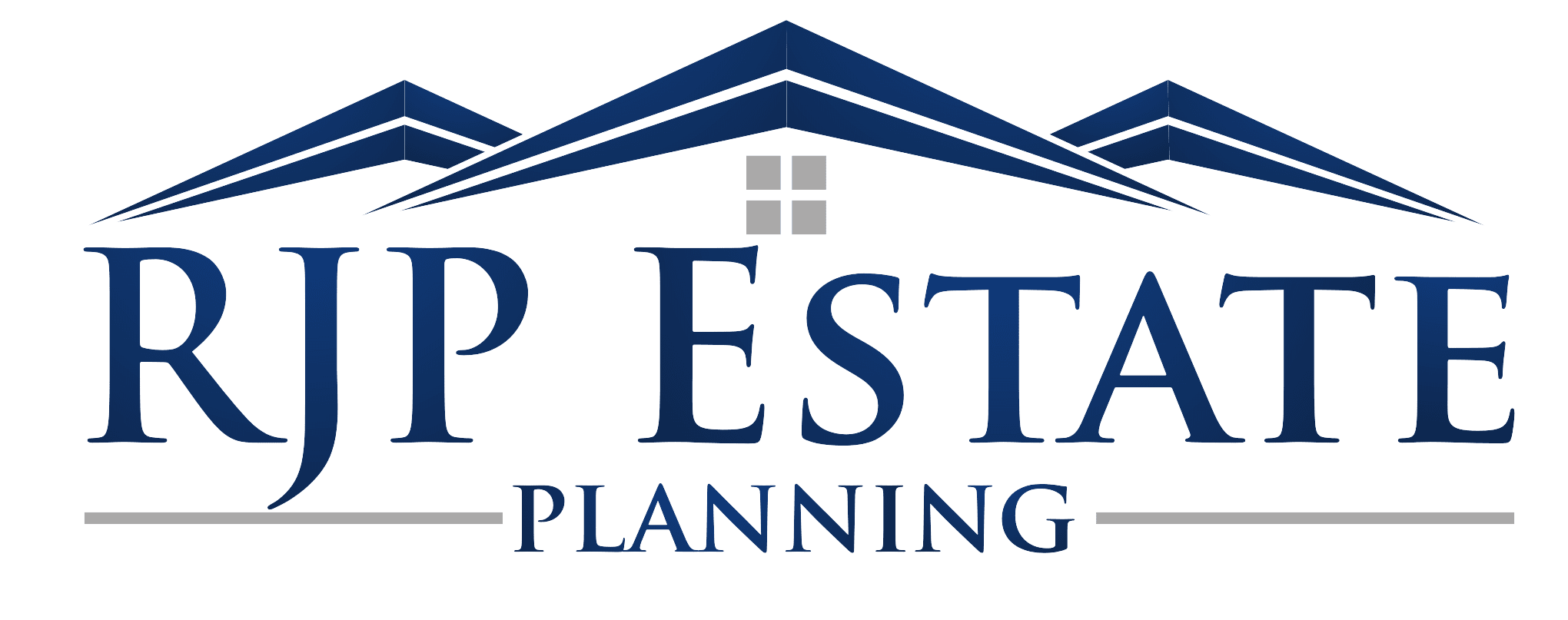Arizona Estate Planning encompasses various legal strategies, such as wills, revocable living trusts, irrevocable trusts, durable powers of attorney, and health care documents.
Many new clients initially express a lack of an estate plan, yet most are unaware that they already have one. Without specific legal planning, their estate would be distributed according to Arizona’s laws of intestacy after death. Often, this default plan may not align with their preferences. We will work together to create a well-crafted estate plan that is designed to supersede the terms of the State’s default plan with your personalized choices.
On this page
Menu
Maximizing your Financial Legacy through
Comprehensive Estate Planning
Your last will & testament
Your last will and testament constitute just one element of a comprehensive estate plan. In the absence of a will, a person is considered to have died “intestate,” and state laws dictate the distribution of the person’s assets.
Trusts
Revocable Living Trusts, Irrevocable Trusts, Testamentary Trusts, Special Needs Trusts, Etc. Trusts come in various forms, serving diverse legal, personal, investment, and tax planning purposes, with simplicity or complexity depending on the situation.
Powers of Attorney
A power of attorney is a legal instrument that grants another person specific legal rights or powers on your behalf. The scope of these powers is determined by the terms outlined in the document, and it can range from broad to highly specific.
Healthcare Documents
Creating your healthcare documents (also known as advance directives) and accompanying documents is crucial for ensuring your medical and personal care preferences are respected when you can’t communicate.
Think of an estate plan as a roadmap for your loved ones. It involves accumulation, management, and transfer of assets, as well as wealth conservation. This ensures your belongings and savings go exactly where you want them after you’re gone. It’s not only about writing a will, but also about making detailed plans with professionals such as attorneys and estate planning consultants.

RJP has encompassed over 30 years of expertise in living trusts.
With a living trust, you retain control of your estate before and after your death, and you can make changes to your instructions along the way.
Whether you’re looking to establish a new living trust or seeking to review and optimize your current documents, we offer the most comprehensive and complete way to protect your assets and loved ones. Avoid probate court and allow your assets to pass seamlessly to your beneficiaries with our Trust-Based Estate Plans.
-
Why Create a Living Trust
-
How Does a Trust Work?
-
Key Benefits of a Living Trust
Organizing your probate and estate administration is important to ensuring a seamless and orderly distribution of your assets.
Establishing a well-structured plan not only facilitates the efficient transfer of your estate but also helps minimize the potential for family disputes and legal complications.
Beneficiary designations
Joint tenancy & tenancy by the entirety
Revocable living trust
We'll assist you in guaranteeing you and your family's well-being by establishing a secure plan for your financial future.
In the pursuit of wealth accumulation, time is of the essence! Understanding that every investor aims to minimize unnecessary tax payments, we can assess how specific financial products align with your financial planning to reduce your tax burden.
Some strategies provide tax deferral, ensuring taxes are only incurred upon withdrawal. Additionally, products like life insurance, when structured appropriately, present the opportunity to leverage income-tax-free income. For many clients, securing their family’s future is a top priority within their financial plan.
Estate planning is all about you and your legacy.
What you want to happen with everything you’ve worked for, and making sure your legacy is left to those you care for, those who care for you, and that it lasts generations. Make sure it’s built around your wants and your needs.


